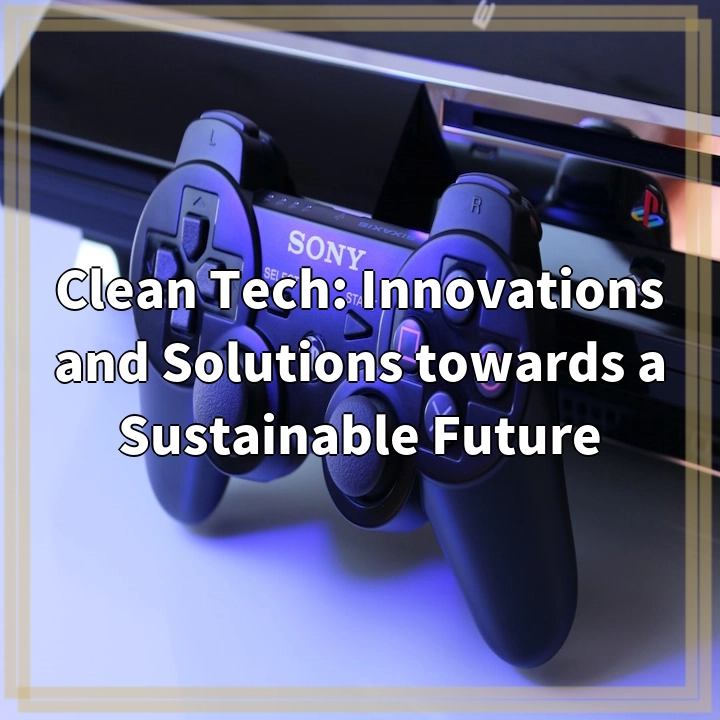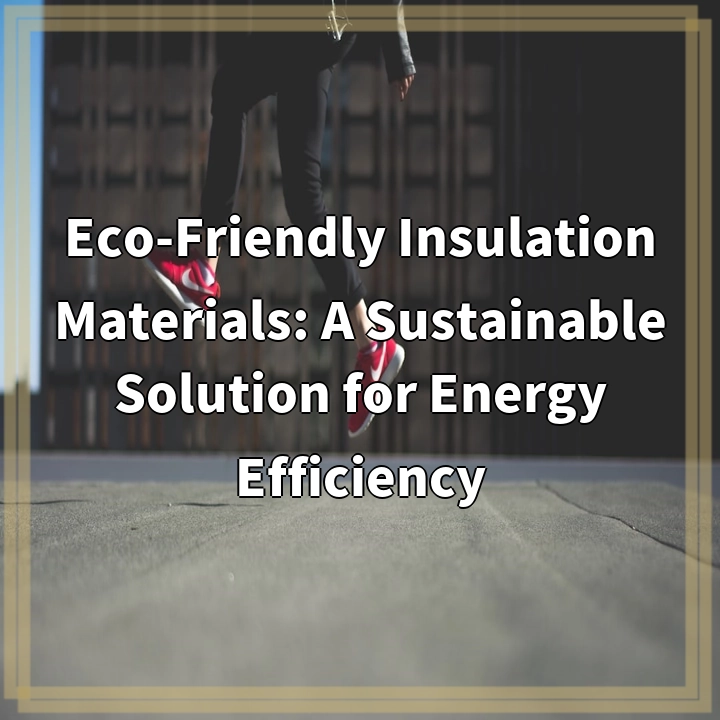
What is Clean Tech?
Clean Tech, short for clean technology, refers to the use of innovative technologies and solutions that aim to minimize negative environmental impacts and promote sustainability. It encompasses a wide range of sectors, including renewable energy, energy efficiency, waste management, water conservation, and more. Clean Tech offers promising alternatives to traditional, polluting industries, and strives to ensure a greener and more sustainable future.
Real-World Problems
Climate Change
One of the primary challenges that clean technology aims to address is climate change. With the continuous release of greenhouse gas emissions from fossil fuels, deforestation, and various industrial activities, our planet’s climate is rapidly changing. Clean Tech offers renewable energy sources such as solar, wind, and tidal power, which can help reduce our reliance on fossil fuels and curb carbon emissions, contributing significantly to mitigating climate change.
Resource Depletion
Traditional resource extraction and consumption practices have led to resource depletion, making it crucial to develop clean technologies that rely on sustainable and renewable resources. Clean Tech solutions focus on utilizing resources more efficiently, reducing waste, and implementing circular economy concepts. By doing so, we can reduce the pressure on natural resources and foster a more sustainable approach to resource management.
Air and Water Pollution
Conventional industries often generate harmful air and water pollutants, compromising the health and well-being of both humans and ecosystems. Clean Tech offers solutions that minimize or eliminate pollutants, such as advanced filtration systems, emission reduction technologies, and sustainable waste management practices. By adopting these technologies, we can significantly improve air and water quality, protecting the environment and human health.
Waste Management
The improper management of waste is a pressing global issue. Traditional waste disposal methods, such as landfilling and incineration, contribute to pollution and resource wastage. Clean Tech presents innovative waste management practices, including recycling, composting, and waste-to-energy technologies. These approaches help reduce the amount of waste sent to landfills, promote resource recovery, and minimize environmental pollution.
Social and Economic Equity
Clean Tech also addresses the social and economic disparities associated with traditional industries. By promoting clean energy and sustainability, it creates new job opportunities, stimulates economic growth, and enhances social equity. Clean Tech initiatives can provide accessible and affordable energy solutions to underserved communities and support the transition to a green economy, fostering a more inclusive and equitable society.
Conclusion
Clean Tech offers innovative solutions to real-world environmental challenges. By harnessing the power of technology and sustainable practices, it has the potential to transform industries and pave the way for a more sustainable future. Through addressing climate change, resource depletion, pollution, waste management, and social equity, Clean Tech plays a vital role in creating a better world for present and future generations.

Solutions for a Sustainable Future
Clean Tech offers a range of solutions to address the environmental challenges we face today. These solutions include:
1. Renewable Energy
The adoption of renewable energy sources, such as solar, wind, and tidal power, can reduce our reliance on fossil fuels and mitigate greenhouse gas emissions.
2. Energy Efficiency
Energy-efficient technologies and practices help minimize energy consumption and reduce waste, leading to less strain on resources and lower carbon emissions.
3. Sustainable Waste Management
Implementing innovative waste management techniques such as recycling, composting, and waste-to-energy technologies can minimize waste sent to landfills, conserving resources and reducing pollution.
4. Pollution Control
Advanced filtration systems and emission reduction technologies can help control air and water pollution, safeguarding human health and the environment.
5. Circular Economy
Transitioning to a circular economy model, which emphasizes resource recovery and reuse, can significantly reduce resource depletion and promote sustainability.
6. Social and Economic Equity
Promoting clean energy initiatives and green jobs can foster social and economic equity by creating opportunities and providing accessible and affordable energy solutions to underserved communities.
Conclusion
By embracing clean technologies and solutions, we can pave the way for a sustainable future. The adoption of renewable energy, energy efficiency, sustainable waste management, pollution control, circular economy practices, and promoting social and economic equity can drive positive change and help build a greener and more equitable world.















